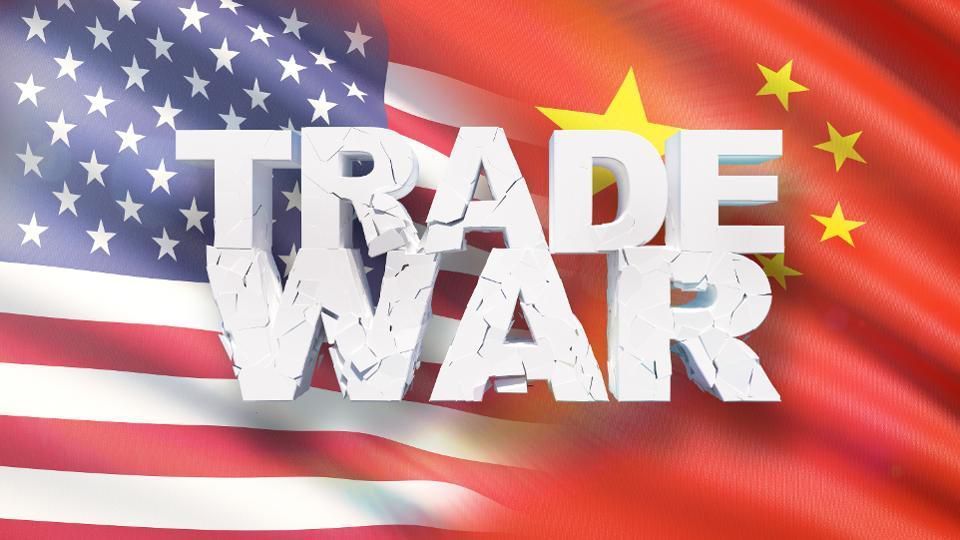|
Audio Version
Getting your Trinity Audio player ready...
|
On Friday, China announced new tariffs on $75 billion worth of US goods. According to the Global Times, a Chinese state media outlet, the tariffs would range from 5% to 10%. They would come in two waves, with the first tariffs set to kick in on September 1st, and a second activating on December 15th.
The tariffs will hit over 5,000 US products. Some of the initial targets include soybeans, seafood, and fruit. Whiskey, coffee, cigars, and auto parts would be hit on December 15th.
The news sent the stock market plummeting. The Dow Jones Industrial Average fell over 620 points. The S&P 500 dropped 75 points.
China made this decision after the US placed 10% tariffs on $300 billion worth of its goods earlier this month. A number of consumer goods including cellphones, laptop computers, and toys were affected.
The new tariffs are just the latest in an escalating trade war between the world’s two largest economies. The US has accused China of a number of economic infractions that give it an unfair advantage in trade. In 2018, the US had a $419 billion trade deficit with the communist country.
While the tariffs have hurt China’s economy, it has also hurt US consumers. Tariffs are a tax on imports. They do not directly harm the company that sells the product, as the cost is passed on to the consumer. Tariffs indirectly harm the producer by making their products more expensive to consumers, making domestic products more attractive.
The US has been grappling with the trade problem with China for decades. China has enjoyed unprecedented growth over the past 30 years, but it has begun to slow in recent times. The nation is grappling with the transformation from an export-driven economy to a consumer-driven economy. US tariffs have complicated the process at a sensitive time.
The US has been grappling with problems of its own. While the country has been enjoying a record-long expansion since the 2008 financial crash, it has struggled to replace manufacturing jobs lost to cheaper labor markets. US workers have suffered through stagnant wages. Meanwhile, the price of food, health care, and education has gone through the roof.
